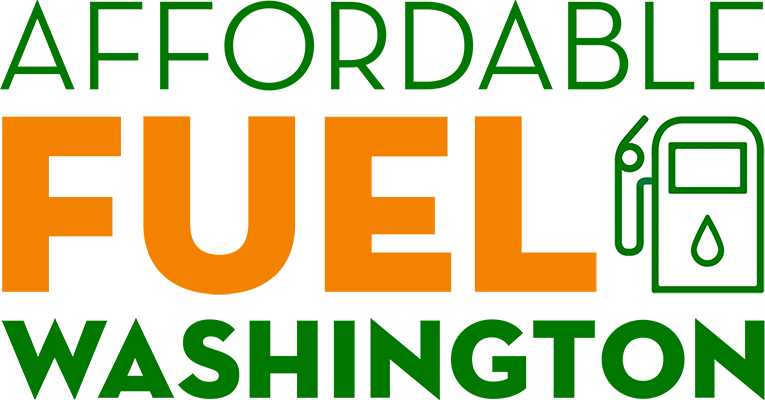Washington’s latest auction of carbon-emission allowances raked in $62.5 million last week, with revenue from the state’s carbon-pricing program now nearing a billion dollars and far outpacing early estimates.
The state Department of Ecology announced Wednesday the results of its special auction held last week because the previous quarterly auction in May exceeded a “trigger” price of $51.90 per allowance.
In all, about 18.4 million carbon allowances have been sold this year, hauling in more than $900 million. …
The auctions have raised nearly as much as state officials initially estimated for the program’s first two years. Carbon allowances sold for nearly $50 in the first auction in February, more than $20 above the costs in California’s market, which began a decade earlier.
The program’s high compliance costs have surprised the authors of the climate legislation that created the program, and drew ire from oil and gas industry officials and Republican lawmakers.
The carbon-pricing program is the cornerstone of the 2021 Climate Commitment Act, requiring the state’s biggest polluting businesses to reduce their emissions or purchase allowances to cover their emissions.
The number of allowances available at auctions will ratchet down over time, ramping up pressure on the industries to lower their emissions. …
This week’s special auction, intended to act as a pressure-relief valve for a volatile market, is one facet of the new carbon-pricing program. …
“Volatile emissions prices can increase costs, undermine public support for emissions reductions and dampen innovation,” [James Bushnell, a professor in the Department of Economics at the University of California, Davis] wrote in a blog post. …
Before the state’s first auction, some fuel suppliers were raising the price of fuel in anticipation of their compliance costs with the new program. At least one oil company has added a line item listed as “cap at the rack,” a reference to the state’s new program, of more than 50 cents per gallon of diesel sold at the wholesale level. That amount is similar to estimates of compliance costs from industry and academic sources.
Read the Complete Article »